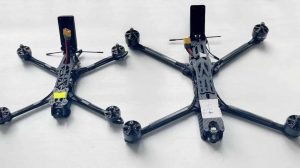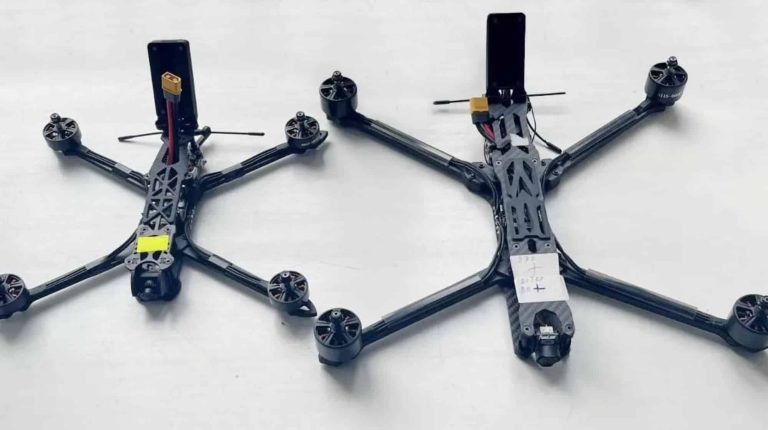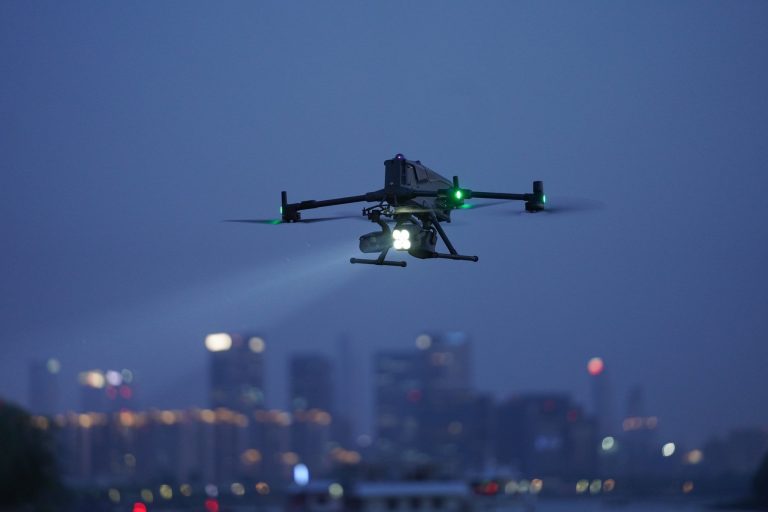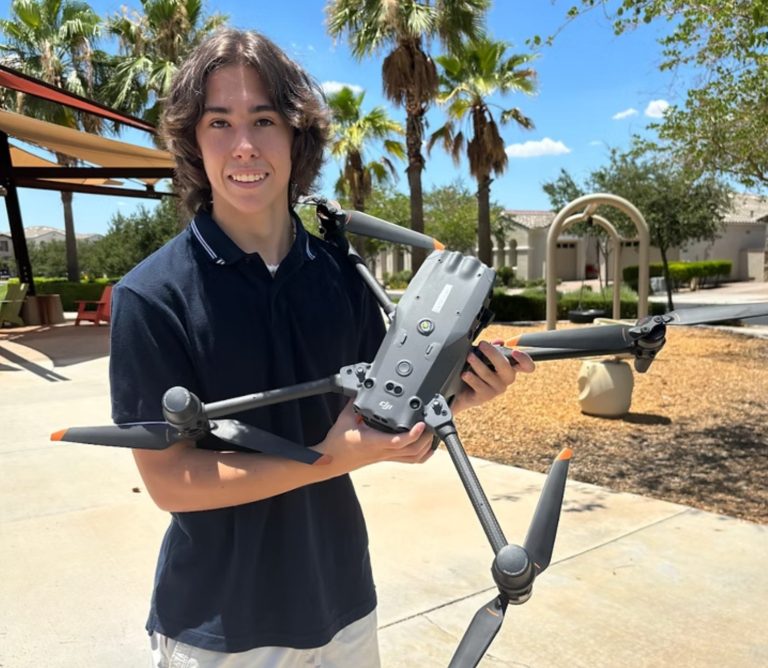Ruling Deals Blow to Fourth Amendment Rights
In a controversial decision, the Michigan Supreme Court has ruled that evidence obtained through warrantless drone surveillance can be admissible in certain civil cases, such as zoning disputes. The ruling stems from the case of Todd and Heather Maxon, who were accused by Long Lake Township of violating a zoning ordinance related to the number of immobilized cars on their property.
The township hired a private drone company to fly over the Maxons’ land and gather evidence without obtaining a warrant. The Maxons argued that this constituted an unreasonable search under the Fourth Amendment and sought to have the evidence excluded. However, according to the CATO Institute, the Michigan Supreme Court ultimately decided that the exclusionary rule, which typically bars unconstitutionally obtained evidence, does not apply in this civil case.

The court’s decision has raised concerns among privacy advocates, who fear that it could encourage more warrantless searches by regulators and law enforcement officials in Michigan. The Cato Institute and the Rutherford Institute had submitted an amicus brief arguing that the drone surveillance was an unreasonable search and that the evidence should be excluded.
Surprisingly, the court declined to address whether the drone search itself was unconstitutional, focusing instead on the applicability of the exclusionary rule. The court stated that in civil cases, the benefits and costs of excluding evidence must be weighed in each particular case. In this instance, the court found no benefits to excluding the evidence, despite the potential Fourth Amendment violation.
Critics argue that this decision sets a dangerous precedent, as it fails to provide clear guidance on when warrantless searches are permissible in civil investigations. The ruling may invite more invasive surveillance tactics from regulators and law enforcement, eroding the privacy expectations of Michigan residents.
“Further supporting this conclusion is MCL 259.322(3), which expressly prohibits the use of a drone to ‘capture photographs, video, or audio recordings of an individual in a manner that would invade the individual’s reasonable expectation of privacy,’” the Michigan Court of Appeals had noted in its earlier decision, which was later overturned by the Supreme Court.
As the Maxons’ case demonstrates, the line between civil and criminal investigations can be blurry, and the protection of Fourth Amendment rights should not be contingent on this distinction. The Michigan Supreme Court’s ruling leaves many questions unanswered and may have far-reaching consequences for privacy rights in the state.
DroneXL’s Take
While the use of drones for law enforcement and regulatory purposes can be beneficial, it is crucial that their deployment respects the constitutional rights of citizens. The Michigan Supreme Court’s decision in the Maxon case raises valid concerns about the potential for abuse and the erosion of privacy protections.
As Drone Technology continues to advance and become more accessible, it is essential that clear guidelines and regulations are established to ensure that their use does not infringe upon the Fourth Amendment rights of individuals. The courts must strike a balance between the legitimate needs of law enforcement and the preservation of civil liberties.
This case highlights the need for ongoing public discourse and legislative action to address the challenges posed by emerging technologies in the context of constitutional rights. It is the responsibility of both the courts and lawmakers to ensure that the rights enshrined in the Fourth Amendment are not compromised in the face of technological advancements.
Discover more from DroneXL
Subscribe to get the latest posts to your email.




















+ There are no comments
Add yours